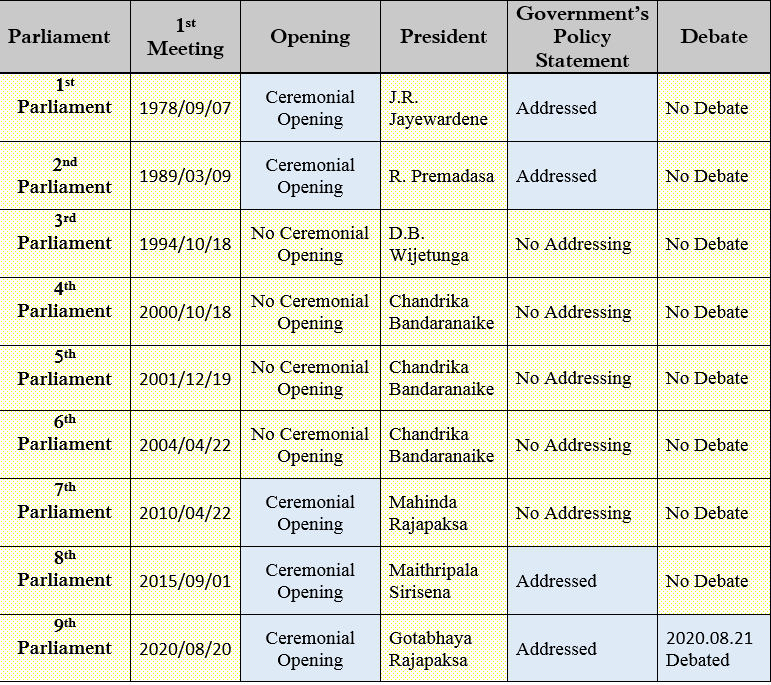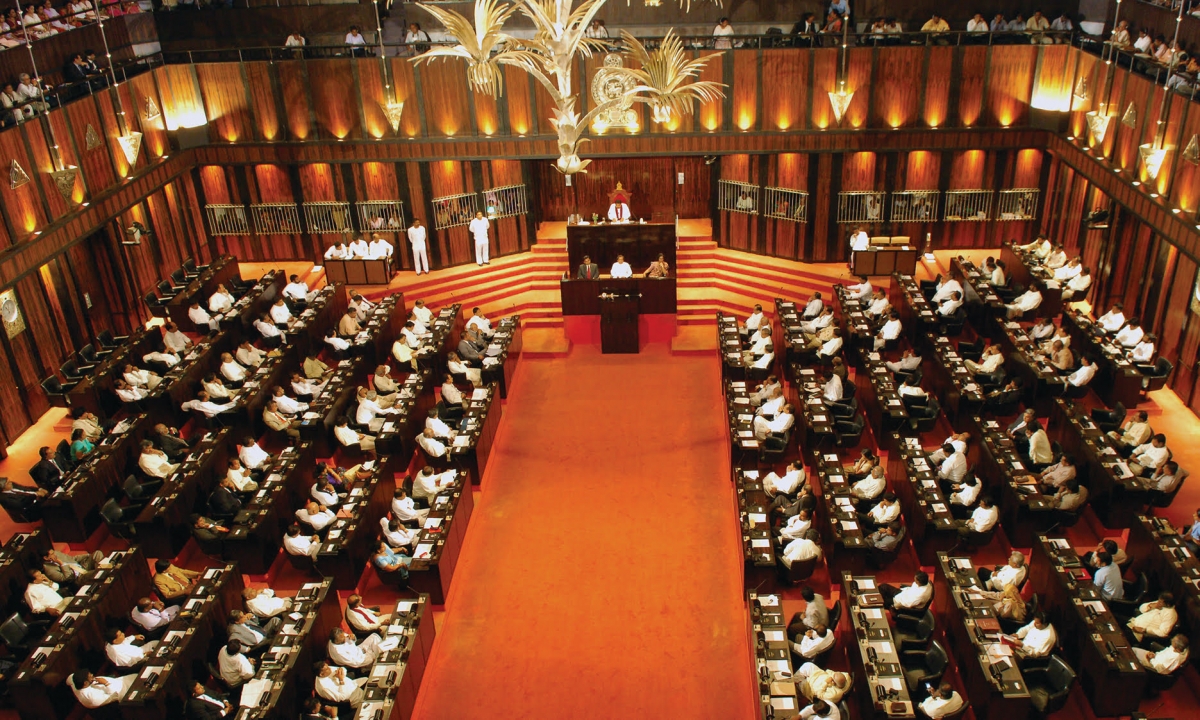After a historic win of 156 seats in Parliament, President Anura Kumara Dissanayake is set to present his government’s policy statement at the inaugural session of the new parliament on 21 November.
According to the parliament's press office, the address, marking the commencement of the 10th parliament under the 1978 Constitution, will take place at 3 pm on 21 November.
The presentation of the Government’s Policy Statement is a constitutional tradition in Sri Lanka, symbolising the commencement of a new parliamentary session and outlining the government’s vision for the nation’s future. This practice, deeply rooted in the country's parliamentary history, has evolved significantly since its inception.
Constitutional Framework and Historical Roots
Under Article 33(a) of the Constitution, the President is empowered to deliver the Government’s Policy Statement at the beginning of each new session of Parliament. This address serves as a roadmap for the government’s strategic goals and policies, providing both Parliament and the public with an insight into its priorities. Historically, this practice began as the "Throne Speech," delivered by the Governor-General during the colonial era. The first such address occurred on 14 October 1947, at the inaugural session of the House of Representatives, delivered by Governor Sir Henry Monck-Mason Moore.
A significant ceremonial moment was recorded on 12 April 1954, when Queen Elizabeth II opened the third session of the second Parliament with a Throne Speech. However, this was the last instance of a monarch delivering the speech, as Sri Lanka moved towards a republic.
With the enactment of the 1978 Constitution, the tradition shifted, with the President assuming the responsibility of delivering the Policy Statement instead of a Throne Speech. The inaugural session under this framework was on 7 September 1978, with President J.R. Jayewardene addressing Parliament.
Tradition and Variations
While the ceremonial opening of Parliament often includes grandeur and formality, there have been instances of less elaborate sessions. Some Presidents opted not to present a policy statement during certain parliamentary openings. For example, during the 3rd to 6th Parliaments (1994–2004), no ceremonial openings or Policy Statements occurred.
In contrast, significant events include Gotabaya Rajapaksa’s Policy Statement during the ceremonial opening of the Ninth Parliament on 20 August 2020. Notably, his address was debated the following day, marking a rare occasion of parliamentary discussion on a Policy Statement.
Ceremonial and Practical Significance
The Government’s Policy Statement not only highlights the ceremonial commencement of parliamentary proceedings but also establishes a platform for the government to present its legislative and policy intentions. While debates on these addresses are not customary under the current Constitution, they serve as a critical point of reference for governance and accountability.

(Source: Communictaion Unit of Sri Lanka Parliament)










